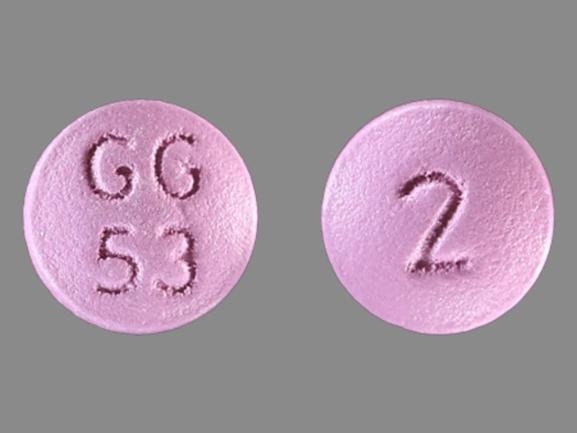Trifluoperazine Interactions
There are 695 drugs known to interact with trifluoperazine, along with 11 disease interactions, and 2 alcohol/food interactions. Of the total drug interactions, 114 are major, 568 are moderate, and 13 are minor.
- View all 695 medications that may interact with trifluoperazine
- View trifluoperazine alcohol/food interactions (2)
- View trifluoperazine disease interactions (11)
Most frequently checked interactions
View interaction reports for trifluoperazine and the medicines listed below.
- Abilify (aripiprazole)
- Acetylsalicylic Acid (aspirin)
- Adderall (amphetamine / dextroamphetamine)
- Ativan (lorazepam)
- Belsomra (suvorexant)
- Celexa (citalopram)
- Cymbalta (duloxetine)
- Geodon (ziprasidone)
- Klonopin (clonazepam)
- Lamictal (lamotrigine)
- Latuda (lurasidone)
- Lexapro (escitalopram)
- Lithium Carbonate ER (lithium)
- Lyrica (pregabalin)
- Metoprolol Tartrate (metoprolol)
- Paracetamol (acetaminophen)
- Prozac (fluoxetine)
- Rexulti (brexpiprazole)
- Risperdal (risperidone)
- Seroquel (quetiapine)
- Strattera (atomoxetine)
- Synthroid (levothyroxine)
- Topamax (topiramate)
- Trintellix (vortioxetine)
- Valproate Sodium (valproic acid)
- Victoza (liraglutide)
- Vitamin C (ascorbic acid)
- Vitamin D3 (cholecalciferol)
- Vyvanse (lisdexamfetamine)
- Zyprexa (olanzapine)
Trifluoperazine alcohol/food interactions
There are 2 alcohol/food interactions with trifluoperazine.
Trifluoperazine disease interactions
There are 11 disease interactions with trifluoperazine which include:
- dementia
- acute alcohol intoxication
- CNS depression
- hematologic toxicity
- hypotension
- liver disease
- liver damage
- breast cancer
- glaucoma
- NMS
- seizure disorders
More about trifluoperazine
- trifluoperazine consumer information
- Compare alternatives
- Pricing & coupons
- Reviews (23)
- Drug images
- Side effects
- Dosage information
- During pregnancy
- Drug class: phenothiazine antipsychotics
- Breastfeeding
- En español
Related treatment guides
Drug Interaction Classification
| Highly clinically significant. Avoid combinations; the risk of the interaction outweighs the benefit. | |
| Moderately clinically significant. Usually avoid combinations; use it only under special circumstances. | |
| Minimally clinically significant. Minimize risk; assess risk and consider an alternative drug, take steps to circumvent the interaction risk and/or institute a monitoring plan. | |
| No interaction information available. |
Further information
Always consult your healthcare provider to ensure the information displayed on this page applies to your personal circumstances.


